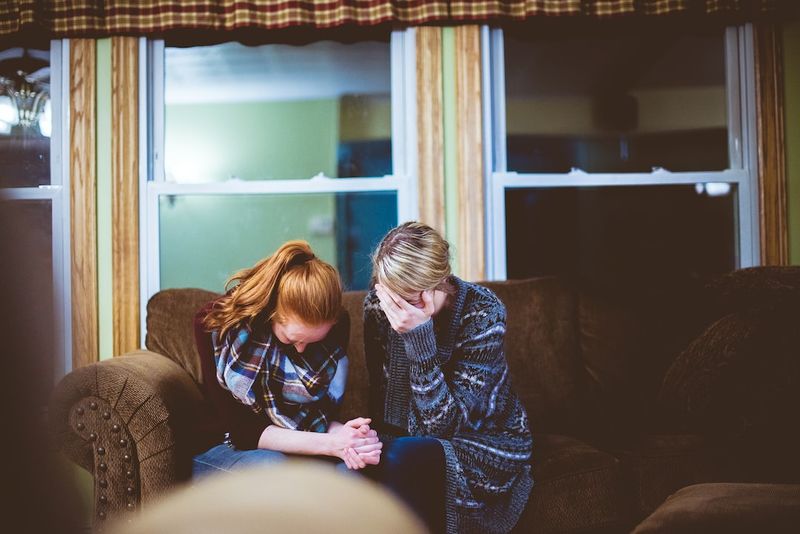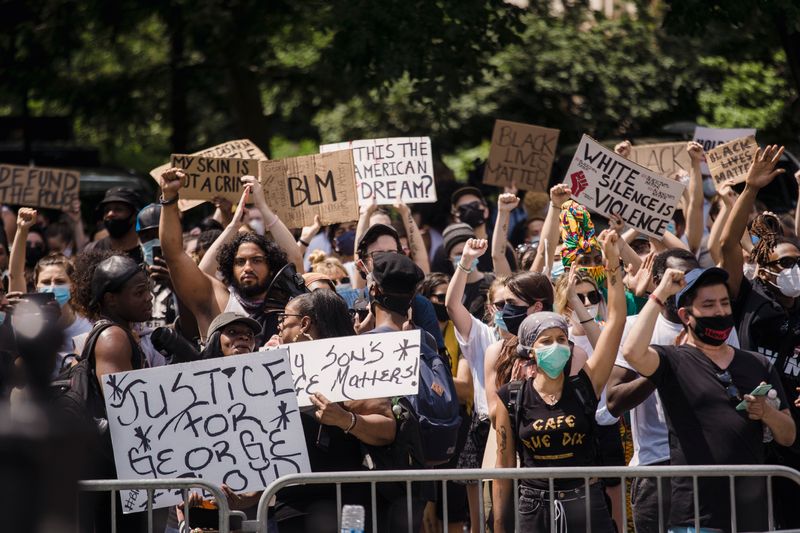Cycling Champion Katie Archibald Reveals Guilt Over Partner’s Tragic Death
A Devastating Loss in the Cycling Community
In a heart-wrenching revelation, 29-year-old Olympic champion cyclist Katie Archibald has opened up about the sudden death of her partner, Rab Wardell. Archibald, who has achieved remarkable success in track cycling, shared the details of the tragic incident that occurred last year. Wardell, aged 37, suffered a cardiac arrest in bed, leaving Archibald to witness the paramedics’ futile attempts to revive him. In her first public statement, Archibald expressed her lingering guilt over the series of events leading up to Wardell’s death.
A Grief Unresolved: Archibald’s Journey Towards Healing
The grief Archibald carries after losing her partner has become a weight that she seeks to bear publicly. Reflecting on the incident, she revealed her remorse for having offered Wardell a glass of water when he woke up struggling to breathe. Despite the uncontrollable nature of cardiac arrest, Archibald blames herself for her minor contribution to the situation. This self-imposed guilt weighs heavily on her conscience, overshadowing her achievements and success in the world of cycling.
This raw and powerful admission invites us to examine the complexities of grief and the potential for guilt to linger even when it is unfounded. Archibald’s confession demonstrates the emotional turmoil that often accompanies unexpected loss, particularly when it involves witnessing the last moments of a loved one’s life. It is a poignant reminder that grief does not adhere to a linear process and that healing can be a constant struggle.
Death in Sports: The Thin Line Between Triumph and Tragedy
Wardell’s untimely demise sheds light on the physical toll that competitive sports can take on individuals. Known as an accomplished athlete in his own right, Wardell’s cause of death was determined to be an “athlete’s heart,” a condition characterized by the enlargement of the left ventricle. This phenomenon is not uncommon among athletes who push their bodies to the limits in pursuit of success.
Archibald’s personal tragedy invites a broader discussion about the risks of participating in high-intensity sports. While the pursuit of excellence is often celebrated, it is crucial to acknowledge the potential physical and emotional consequences that come with such endeavors. As a society, we must assess the support systems in place for athletes, particularly concerning their mental well-being and the management of the pressures they face.
Turning Grief into Advocacy: Archibald’s Future Path
As Archibald navigates her grief, she is determined to ensure that Wardell’s influence on the sport in Scotland is not forgotten. Her commitment to sharing her partner’s impact serves as both an act of remembrance and a call to action. Archibald’s platform and standing as a double Olympic champion make her voice a powerful tool for advocating for change within the sport.
Her revelation resonates with countless individuals who have experienced loss and grappled with guilt, reminding us that vulnerability and openness are essential components of the healing process. Archibald’s journey towards healing can serve as an inspiration for others to confront their own grief, seek support, and work towards turning their pain into a force for positive change.
A Call for Compassion and Understanding
The tragic loss of Rab Wardell serves as a somber reminder that life’s fragility extends even to the most physically resilient among us. Archibald’s story urges us all to respond with compassion and empathy, recognizing that grief and guilt can intertwine in ways that are not always logical or fair.
As a society, it is our responsibility to create support networks that prioritize mental health and well-being in the world of sports. By fostering an environment where athletes can openly address their emotions and receive the necessary assistance, we can minimize the likelihood of similarly devastating incidents and promote a healthier approach to competitive athletics.
Katie Archibald’s decision to share her pain is an act of courage that should not be taken lightly. Her journey towards healing serves as a testament to resilience and a reminder that support and understanding are essential for those navigating the complexities of grief. Let us listen, learn, and work together to ensure that no athlete or their loved ones suffer in silence.

<< photo by Ben White >>
The image is for illustrative purposes only and does not depict the actual situation.




